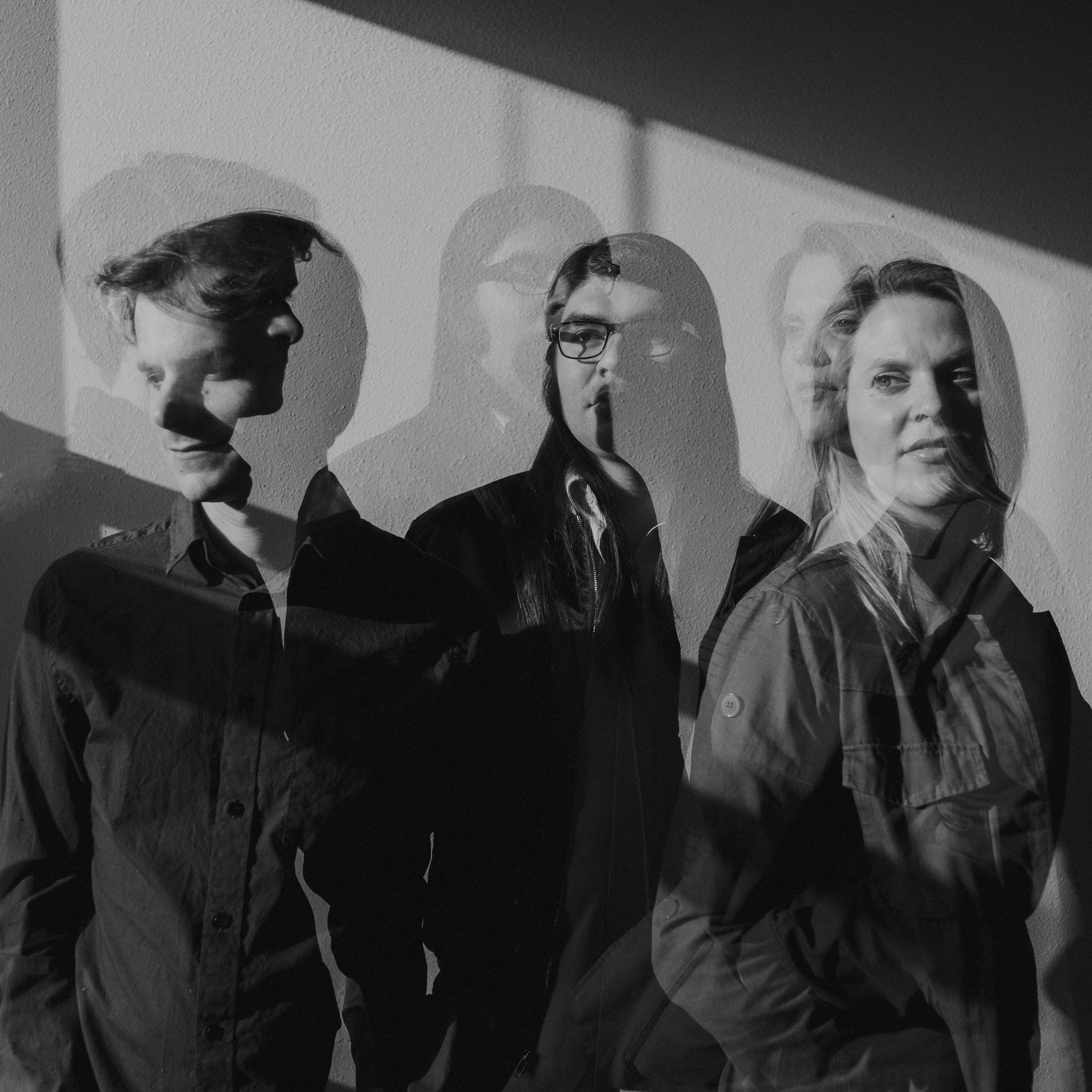The Lost Bayou Ramblers Make Cajun Modern on "Kalenda"

The band plays its Grammy-nominated album with guests at The Music Box Village Saturday, December 9.
[Updated] It’s easy to hear why Lost Bayou Ramblers’ Kalenda received a Grammy nomination for Best Regional Roots Music Album. The album shows clear Cajun roots, and the non-pop music voters in the National Academy of Recording Arts and Sciences value roots. At the same time, Kalenda sounds contemporary—something the Academy’s pop voters love and can understand. To the extent that Grammy voters checked out the category and took it seriously at all (I’ve long suspected that a relatively small number of voters decide the results of lesser-known awards such as this one), the album merges two strains of musical thought with obvious integrity.
Friday night, Lost Bayou Ramblers will play two shows show that focus on Kalenda at Music Box Village on Saturday, December 9, with doors opening at 6:30 and 8:30 p.m. The band will be joined by guests Spider Stacy of The Pogues, Leyla McCalla, Jimmy Horn, Dickie Landry, and Jim Sclavunos. All appeared on Kalenda except Sclavunos, the long-time drummer in Nick Cave and the Bad Seeds, who’s on the gig at Stacy’s recommendation. According to the Ramblers’ Louis Michot, “We were looking for a completely new collaboration for Music Box, as we love the unknown, and Jim agreed.”
Lost Bayou Ramblers are hardly the first to try to situate traditional Cajun music in contemporary settings. The Bluerunners gave it a rock edge in the ‘90s that drew inspiration from punk and punk-adjacent bands such as The Blasters and Los Lobos. The Ramblers’ contemporaries Feufollet have found a new context for Cajun by merging it with art pop in covers of Big Star, The Beach Boys and Brian Eno.
The Ramblers’ take may be the most sophisticated though, and Kalenda is more adventurous than the Mammoth Waltz before it, which was also recognized for the way it added rock elements to Cajun music. The drone that would come from the accordion or fiddle in traditional Cajun music is often replaced or mimicked on both albums by guitar noise, but on Kalenda’s “Sabine Turnaround,” that noise becomes a shimmering, Sonic Youth-like ball of sound that adds energy as it swells. Although that sonic haze comes from downtown NYC in the ‘90s, the track clearly lives in South Louisiana as it’s defined by Louis Michot’s country yowl and raw, bracing fiddle. Throughout Kalenda, the band articulates a space where rural and urban values mingle, and for every adventurous aesthetic decision, there are countless practical ones shaped by tradition.
Mammoth Waltz and Kalenda represent less of a direction change than they might seem. Even when Lost Bayou Ramblers sounded more conventionally traditional, they were less so than might have been obvious. The spry snap of original drummer Chris Courville’s drums were not found on the historical recordings that inspired the band, and the early lineup’s background in rock, punk and rockabilly bands prompted countless subtle deviations from the classic recordings.
The percussive snap that Courville once added has grown into a colossal, primal thump as played by drummer Kirkland Middleton on Kalenda. The cyclonic rush that Cajun music can become happens less often because that thump is too big to be swept around. The beat seemed big when the Ramblers’ recorded “Valse de Balfa” in “The Bathtub” for the soundtrack to Beasts of the Southern Wild, but Heigle’s slightly mushy snare, paired with crashing cymbals, insists on a steady beat that keeps the song Earthbound, even when Michot’s fiddle and his brother Andre’s accordion threaten to whirl away.
That tension is part of Kalenda’s beauty. Contemporary American roots music can often seem escapist as it evokes a (theoretically) simpler time, but Kalenda is very much a product of the here and now. It doesn’t fly the flag for modernity in an abstract way though because The Lost Bayou Ramblers mirror those who made Cajun music before them. They respond to the moment they live in and don’t self-consciously lash themselves to styles and sounds that are no longer resonant. That’s the reality behind much classic roots music when it was recorded, and it’s hard to imagine the psychedelic, early Dr. John-like title track existing if Michot wasn’t spending a lot of time in New Orleans and working with such artists as Stacy, McCalla and Horn. When the band started, Michot and Courville were also in a Led Zeppelin cover band, and just as that incarnation of the band subtly reflected its context, Kalenda reflects the Ramblers’ world now.
The Lost Bayou Ramblers will also play Tipitina’s with Spider Stacy December 22.
Updated December 1, 12:18 p.m.
This Music Box show is December 8, not December 1 as this story initially said. The story has been changed to correct this.
Updated December 7 at 11:41 a.m.
The show has been moved from Friday to Saturday night due to inclimate weather. The text has been changed to reflect this.
var myNativeAd = { consumerKey: "hbfXS0hRQY4yB2IIyHFh29",use_external_settings: true }






